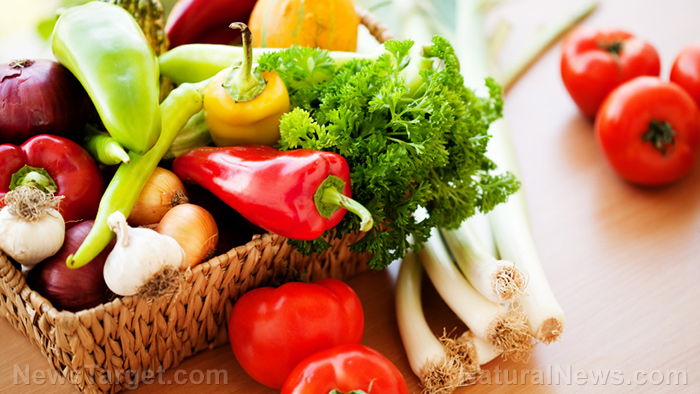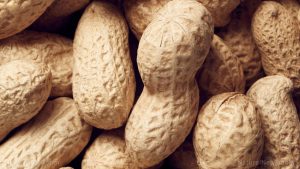Plant-based diets are the most effective at preventing disease


If you’re serious about warding off disease you might want to step away from that steak. Research has found that a plant-based diet is the best way to strengthen the body and prevent life-threatening illnesses. That’s because plants are rich in compounds called phytonutrients – chemicals which help protect plants from bugs, germs, fungi and even damage from the sun’s rays. Although humans do not require phytonutrients in the same way they do minerals or vitamins, these compounds maintain the optimal functioning of our bodies, thereby preventing disease.
A study entitled, “Plant-Based Diets and Phytonutrients: Potential Health Benefits and Disease Prevention,” published in the Archives of Medicine in December 2017, noted the following:
Evidence has shown that individuals who consume a diet rich in phytochemicals (fruits and vegetables) have lower rates of several disorders such as cardiovascular disease, diabetes, and certain types of cancer.
The authors note that many studies have confirmed the link between a healthy lifestyle and disease reduction. This can be taken a step further by focusing specifically on a diet rich in phytonutrients (also known as phytochemicals), which have rich antioxidant and anti-carcinogenic (anti-cancer) properties.
Amazingly, just one serving of vegetables can contain as many as 100 different phytonutrients, and scientists estimate that there are about 4,000 of these powerful compounds in existence. Phytonutrients are so powerful that they form the basis of more than 40 percent of all medications. (Related: Why aren’t more people eating a plant-based diet? It takes some getting used to.)
The power of the elements: Discover Colloidal Silver Mouthwash with quality, natural ingredients like Sangre de Drago sap, black walnut hulls, menthol crystals and more. Zero artificial sweeteners, colors or alcohol. Learn more at the Health Ranger Store and help support this news site.
“For centuries, there have been implications that healthy food garnished with exotic spices and condiments provides vital ingredients that help ward off diseases and promote longevity,” noted Louis Premkumar, a professor of pharmacology at Southern Illinois University School of Medicine. “Obviously, it appears to be true based on the evidence that people who consume healthy, wholesome food as individuals or as a group in certain parts of the world, have enjoyed health benefits, using longevity as a metric.
“For example, Seventh-day Adventists, with their pure vegetarian diet, have a lower incidence of heart disease, diabetes, and certain types of cancers; Kuna Indians in Panama, who consume large quantities of unprocessed cocoa-containing beverages, show lower incidence of heart disease,” he added. “More recently, the Mediterranean diet, which consists of olive oil, fresh produce, fish, and wine, has been shown to reduce the incidence of grave diseases.”
Phytochemicals have hormone-balancing, detoxifying, anti-inflammatory and anti-oxidant properties, and to gain the maximum benefit, we should strive to eat as many different forms and colors of fresh produce as possible, and should do so every day. (Related: Six supplements you MUST take if you follow a plant-based diet.)
Live Science explains that it is often phytochemicals that give fruit and veggies their beautiful colors, and that looking at color is a good way to determine the phytochemical value of fresh produce. The most nutritious and phytochemical-dense produce usually has the deepest hues, as well as the richest flavors and aromas. Don’t be fooled though! Onions and garlic are phytonutrient powerhouses, in spite of their pale colors. (Related: Learn more at Nutrients.)
It is also best to eat a variety of fruits and vegetables to derive the maximum benefit in terms of phytonutrients, rather than trying to get these compounds in pill or supplement form. Live Science explains that since plants contain complicated mixtures of bioactive compounds it is difficult even for scientists to quantify or isolate their benefits.
Nonetheless, whether or not we understand exactly how phytonutrients work, it is enough to know that their benefits are immense, and it is vital that we include as many of them in our diets as possible.
Sources for this article include:
ArchivesOfMedicine
LiveScience
ShareCare








